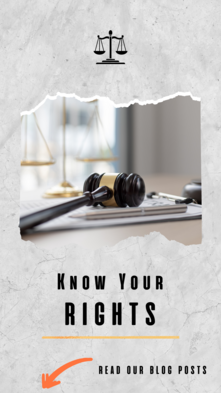Introduction:
The Supreme Court of India delivered a landmark judgment that has far-reaching implications on the right to privacy and the Aadhaar project. The 1,448-page judgment, addresses the constitutionality of the Aadhaar Act and lays down guidelines for the protection of citizens' privacy.
Background:
Aadhaar is a 12-digit unique identification number issued by the Unique Identification Authority of India (UIDAI) to Indian residents. The Aadhaar project was launched in 2009 as a means to provide a unique identification number to every citizen, enabling them to access various government services and benefits. However, the implementation of Aadhaar raised several concerns, particularly in terms of privacy, surveillance, and exclusion of marginalized communities.
The Supreme Court's Decision:
The judgment, which is a result of multiple petitions challenging the Aadhaar Act, is a crucial step in balancing the right to privacy with the government's interest in ensuring transparency, efficiency, and effective delivery of public services.
Key Takeaways from the Judgment:
1. Right to Privacy - The Supreme Court, while recognizing the fundamental right to privacy, has held that the Aadhaar Act does not violate this right. The court noted that minimal biometric information is collected, and the data is adequately secured, ensuring that the right to privacy is not disproportionately infringed upon.
2. Aadhaar for Welfare Schemes - The court upheld the use of Aadhaar for availing government welfare schemes and subsidies. It emphasized that the project is instrumental in preventing corruption and ensuring that the benefits reach the intended beneficiaries.
3. Section 57 Struck Down - The court struck down Section 57 of the Aadhaar Act, which allowed private entities to demand Aadhaar for verification purposes. This means that private companies, such as telecom operators and banks, cannot mandate Aadhaar as the sole means of identification.
4. No Exclusion - The court asserted that no one shall be denied benefits for the lack of an Aadhaar card. It directed the government to ensure that the marginalized sections of society are not excluded from accessing essential services due to the absence of an Aadhaar number.
5. Data Storage and Security - The court reduced the data retention period from five years to six months and directed the government to establish a robust data protection regime. It also emphasized the need for stronger security measures to safeguard citizens' data.
Conclusion:
The judgment represents a balanced approach in safeguarding the right to privacy while enabling the government to ensure efficient and transparent delivery of public services. It reiterates the importance of data protection and privacy in the digital age and calls for stronger mechanisms to secure citizens' information. This landmark decision serves as a precedent for future cases involving the delicate balance between individual privacy rights and the state's interest in providing efficient public services.

